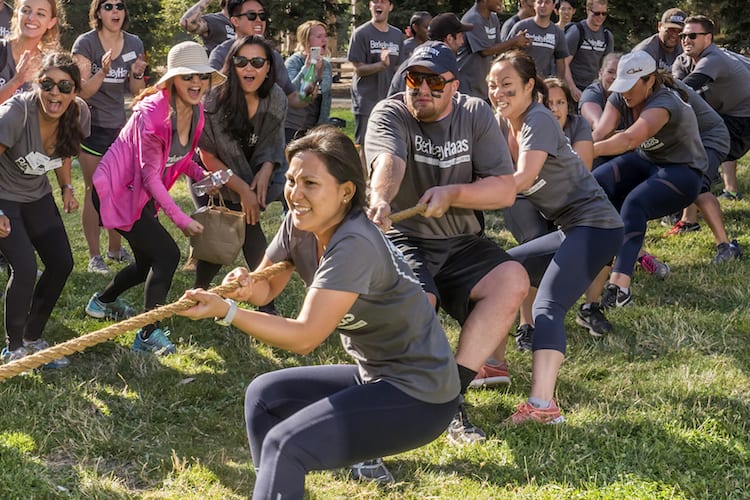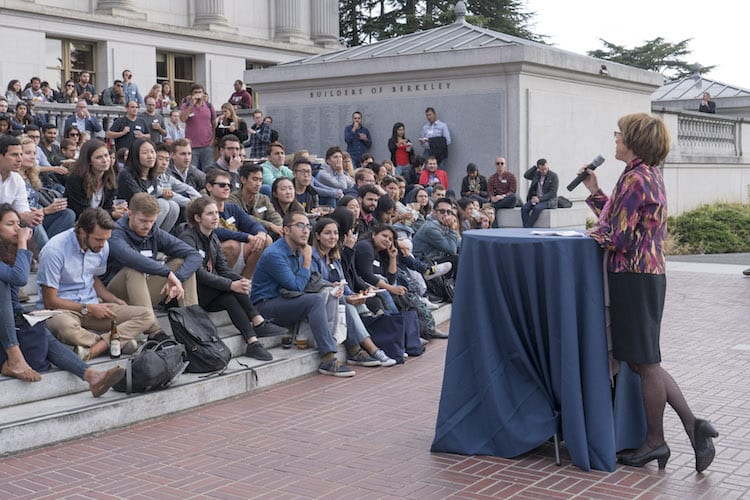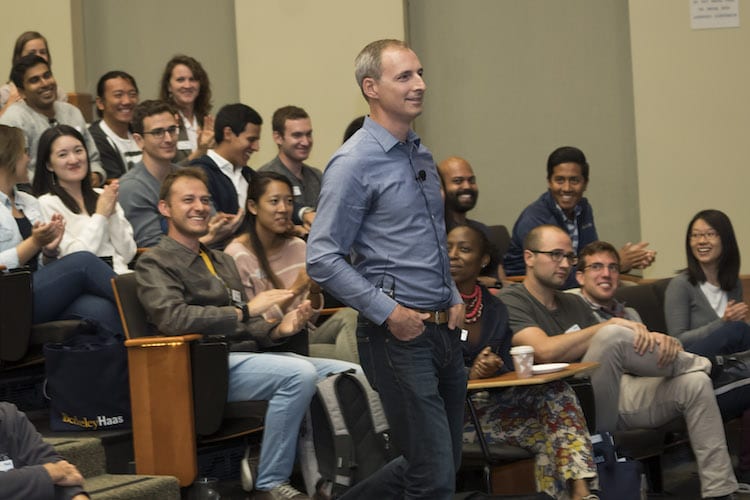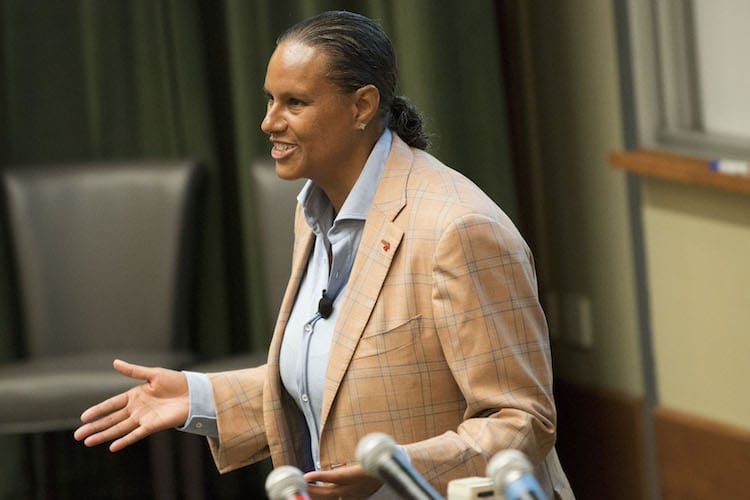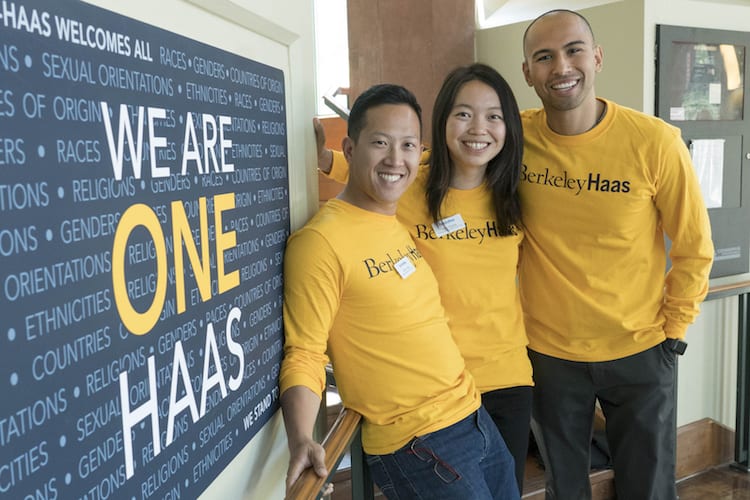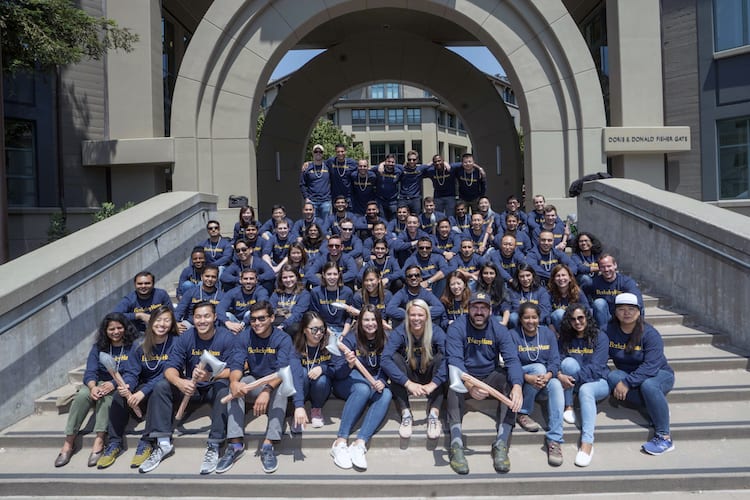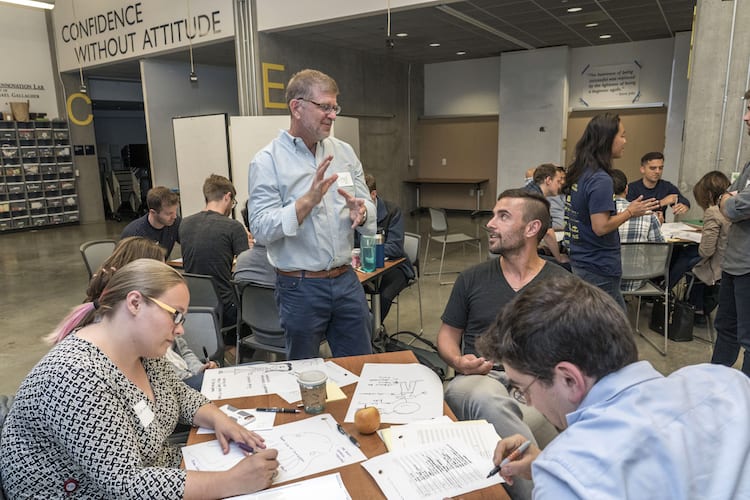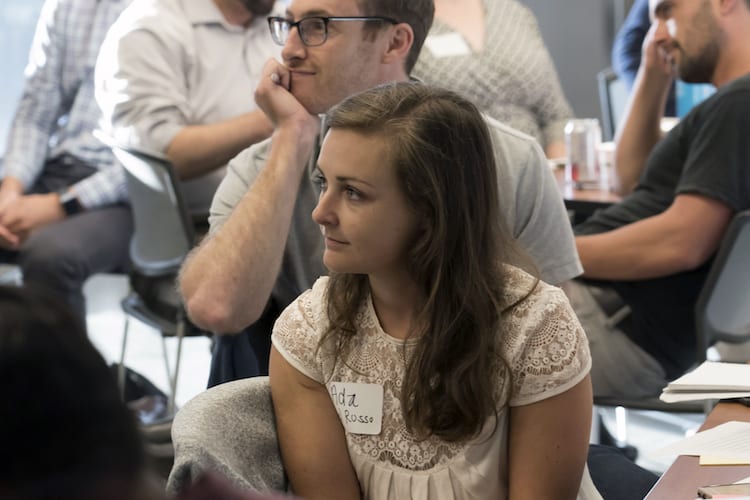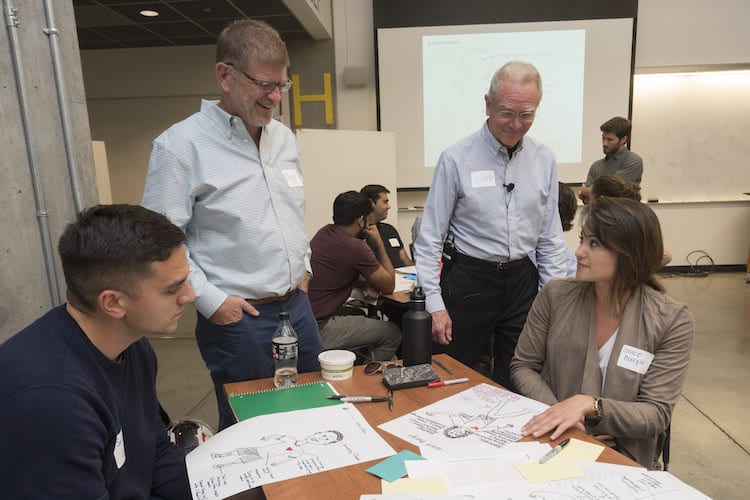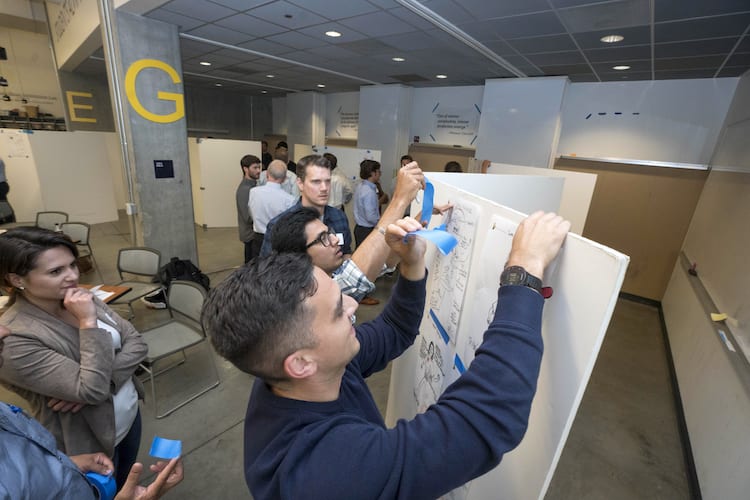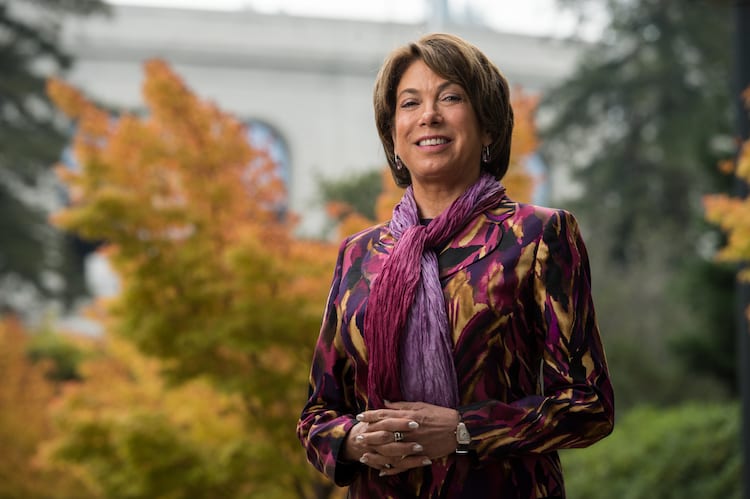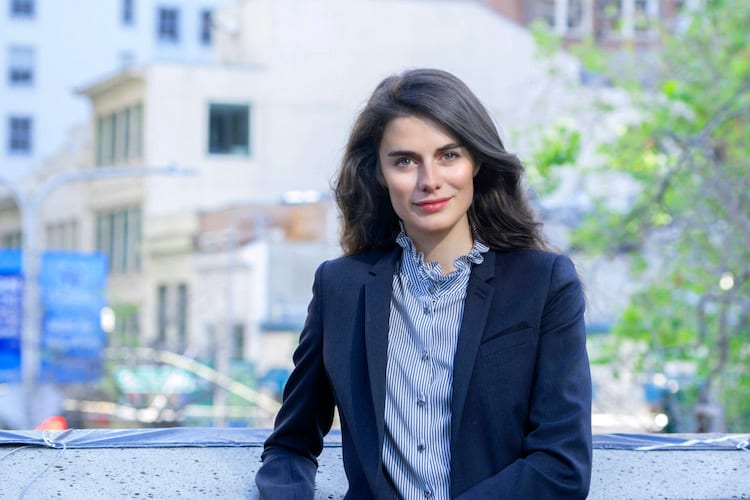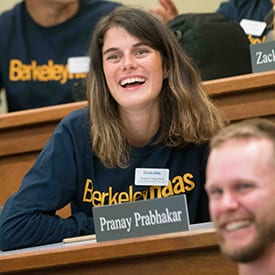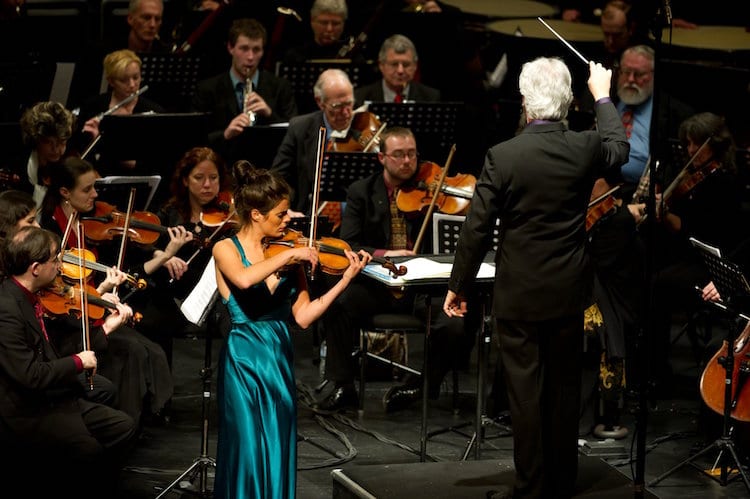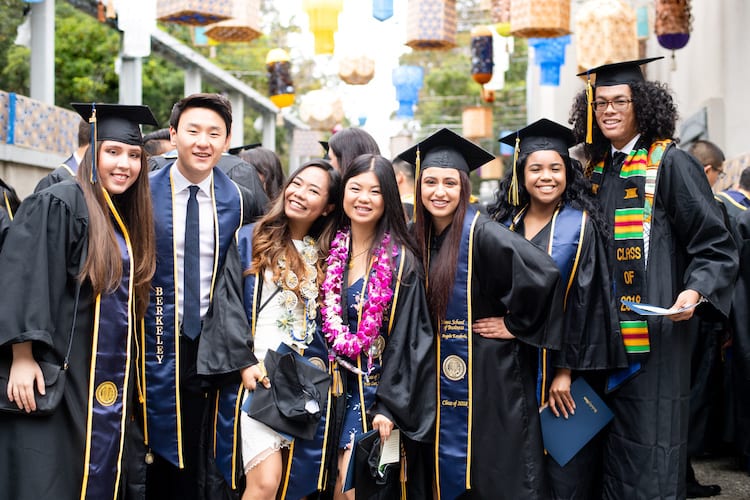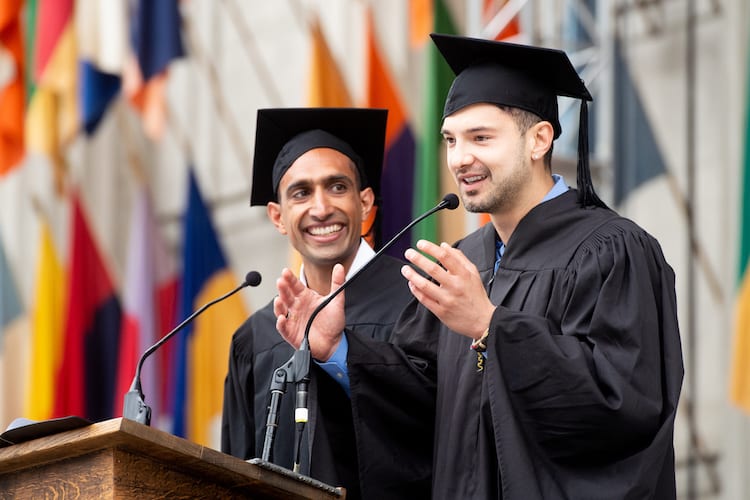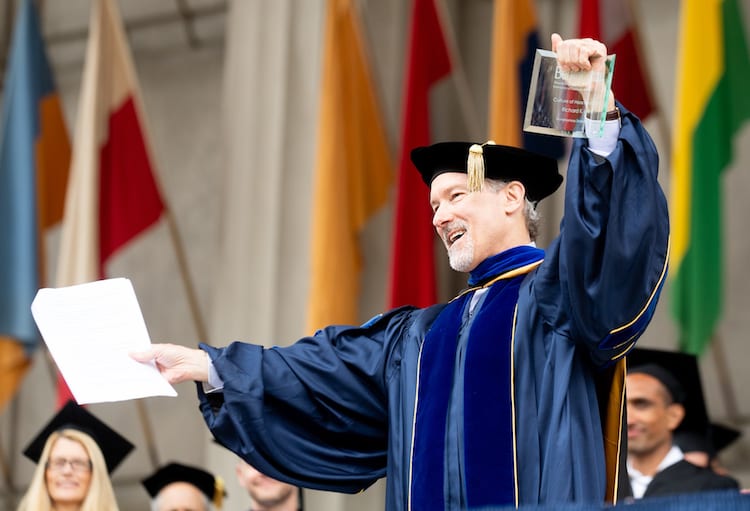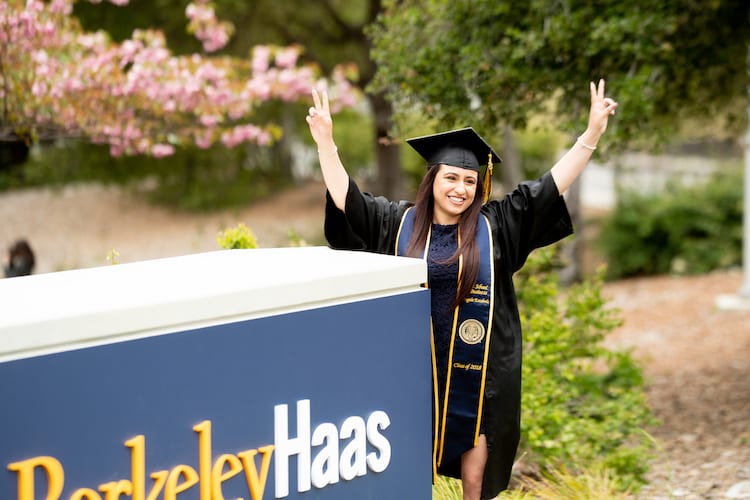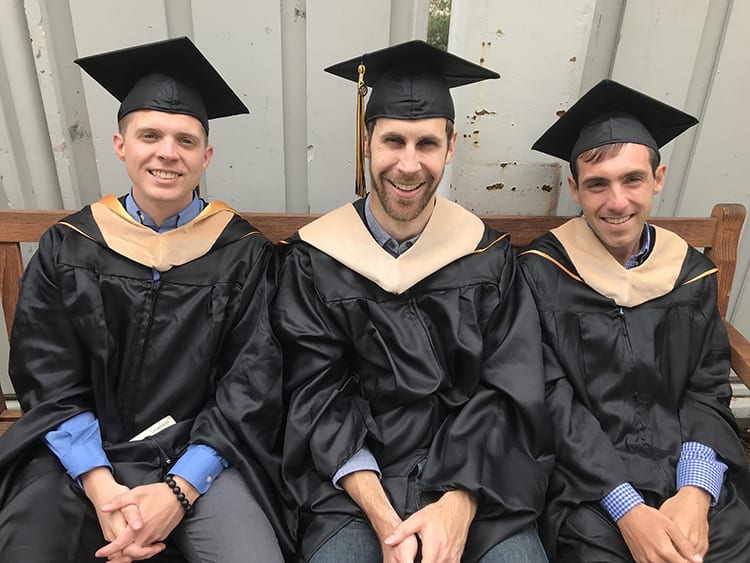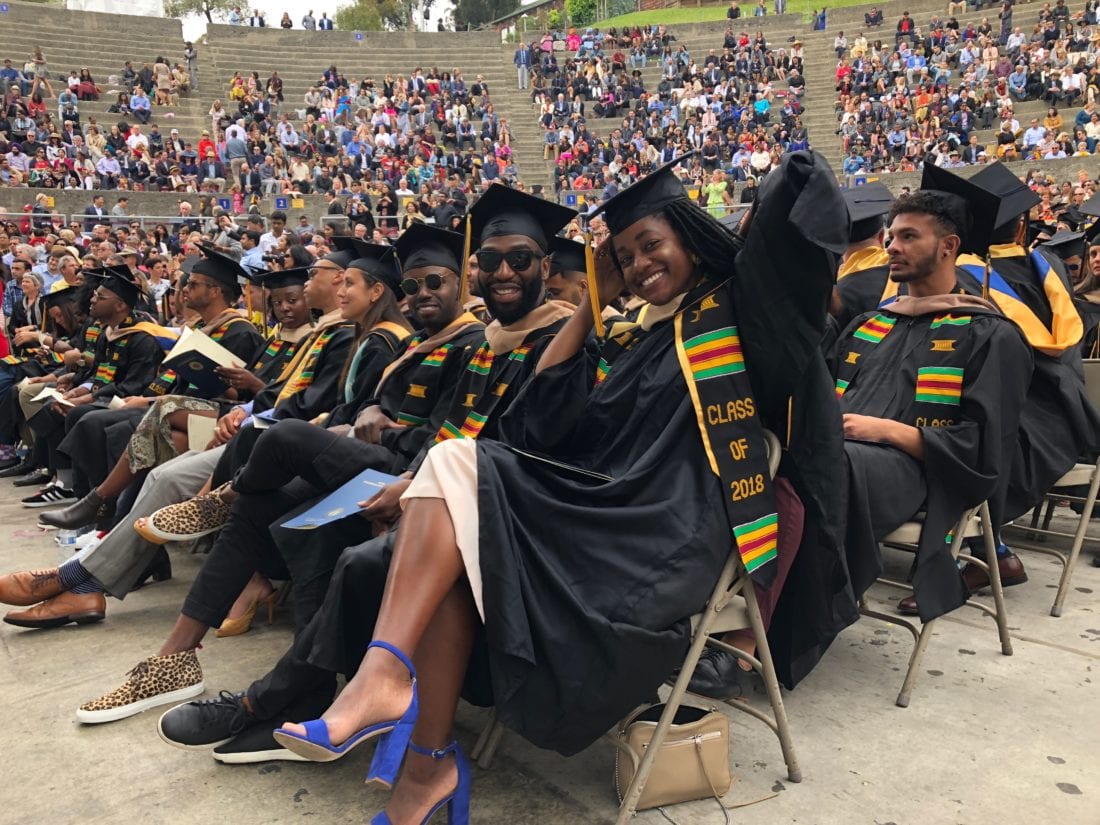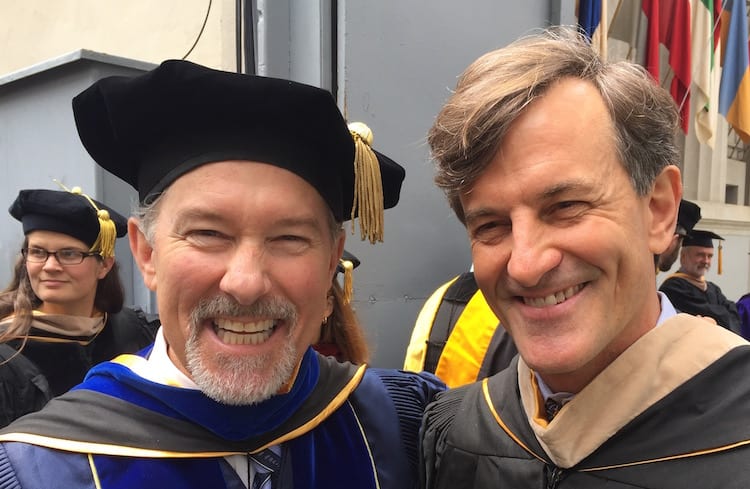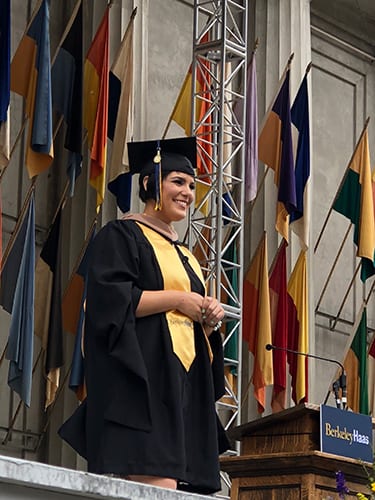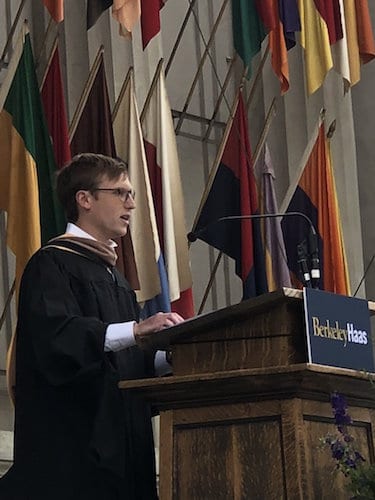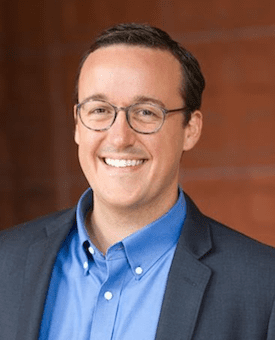
As director of Homeless Planning & Outreach for the city of San Rafael, California, Andrew Hening used what he learned in his Evening & Weekend MBA classes to spearhead programs that helped lead to a 28% reduction in chronic homelessness in just two years in Marin County.
We talked to Hening, MBA 17, who grew up in Richmond, Virginia, and previously aspired to be a lawyer, about how he created new approaches to homelessness and why he believes that housing people isn’t as intractable a problem as many people believe.
When did you get interested in working on behalf of homeless people?
After college, I moved back to Richmond to work as a paralegal and study for the LSAT. To my surprise, I quickly realized the law wasn’t for me, and I started taking time off to volunteer in the community. I’d done a lot with youth and tutoring, but then I participated with a Project Homeless Connect event, which is essentially a resource fair for people living outside. It was my first exposure to homelessness, and it had a huge impact on me. Between that experience and my dad, a carpenter, losing his job during the recession, I decided that I had to do something to help economically marginalized people. With that goal in mind, I found AmeriCorps VISTA, which is the domestic version of the Peace Corps, and accepted a job as Santa Clara County Project Homeless Connect Coordinator in 2010.
You’ve been at your current job in San Rafael since 2016. What were some of the challenges you faced after you started?
My first City Council meeting was standing-room-only for a hearing about whether or not the city should revoke the use permit for a local nonprofit. There was this polarized community conversation around whether we needed to provide more services in the community or get rid of existing ones because they were enabling the problem. The truth was somewhere in between. We realized community frustration was really stemming from a small minority of the homeless community – the long-term, chronically homeless. While just 20% of the overall homeless community, these folks often exhibit untreated mental illness and generate other nuisances like public defecation. Importantly, these are also extremely vulnerable people – dying over 20 years earlier than their housed peers. We knew all of these people by name, but year after year they weren’t getting prioritized. In fact, four or five agencies might be serving the same person. There was no coordination, no strategy. So we said if we can figure out a system for them, we can start to fix this.
What happened after you started identifying the chronically homeless?
Our new process is shockingly simple. First and foremost, we finally prioritized chronic homelessness. We made vulnerability the top criteria for getting housing placements, which put the chronically homeless at the top of our housing list. Next, for people at the top of our list, we provided housing subsidies using Section 8 vouchers, a government program that requires people pay a third of their income on rent while the subsidy covers the rest. Additionally, the county hired dedicated landlord recruitment staff with property management experience, which was 200 percent more effective than relying on social workers to recruit landlords. We’ve now brought together county supervisors and city council members and created a public-private coalition with the Marin Community Foundation and the private sector to create even more housing. Finally, every person that gets a housing voucher also gets intensive wraparound services. We like to say that housing is essentially healthcare for these high-needs people.
What are some of the outcomes that you’ve tracked?
During our 18-month pilot that started in March of 2016, we housed 23 of the most visibly, chronically homeless people in the community. After validating this approach, we scaled it and over the last two years housed over 170 of the most vulnerable people in our community. Ninety-five percent of these people are still housed, and in San Rafael we’ve seen a 54% reduction in EMS transports and an 86% reduction in police department calls after people are housed. Amazingly, providing services and housing is roughly 50% cheaper than letting people languish on the streets.
How did your MBA courses help you when you were both designing the new program and educating the community about what you were doing?
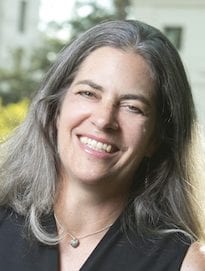
Being in the EWMBA program was amazing because I was constantly bringing fresh ideas back to the team — so many things that seemed tangential to homelessness but weren’t. For example, from our operations class, I was seeing ways to apply supply chains and turnover to our housing placements and the speed at which people become and resolve their homelessness.
I also had an incredible mentor in Sara Beckman. After starting to learn design thinking during Applied Innovation, I did an independent study with Sara and also took her course on slums at the Jacobs Institute. Seeing the big picture and using data to analyze it — that really made a big difference. For months I had a floor-to-ceiling sticky note map on the wall in my office trying to map the flow of people through our homeless system of care. It helped make the case to policymakers that the system needed to change.
Do you think that the success you’ve had in Marin County could be replicated in larger cities like San Francisco or LA?
That’s my hope. It’s hard to believe, but in 2017, just as our new strategy was scaling up, Marin County had the 7th highest per capita rate of homelessness in the entire country. We had success here because we got all of the partners in the same room. We identified the people we needed to house, made a list, and started housing them. That’s a lot harder in a big city, but I think it can be scaled by creating smaller jurisdictions inside a city, including smaller populations of a couple of hundred people, as well as leveraging technology to communicate and coordinate.
The other tricky part is staying focused on housing. Across California, only about 30% of people who are homeless have access to shelter. It’s a humanitarian disaster, but the solution is more than housing. To the extent that communities invest in emergency shelter, it comes back to the idea of the operational supply chain: what is the pathway to permanent housing?
You’re writing a book about what caused modern homelessness. What is the goal?
I started writing this book about what’s causing this modern homelessness crisis after I finished the EWMBA program. I spent two years researching and writing. Now I’m finalizing a book proposal. The goal is to get it out to the general public, providing stories and solutions to end this. It’s so easy to talk about the negative stuff. I’m hoping to make people feel empowered to make a difference.
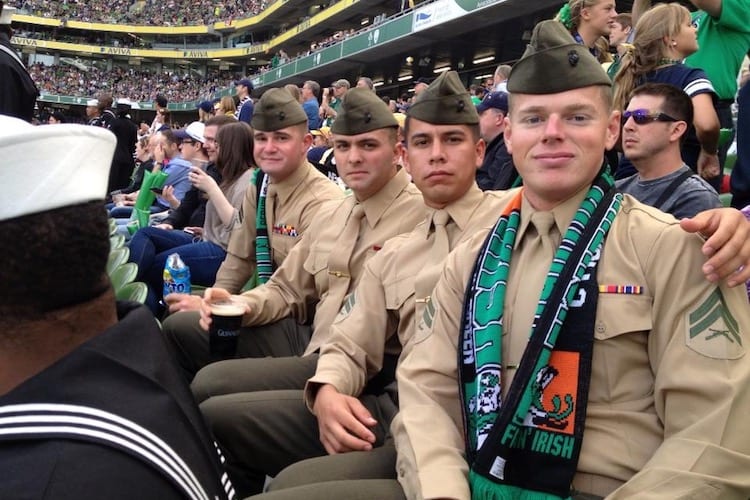
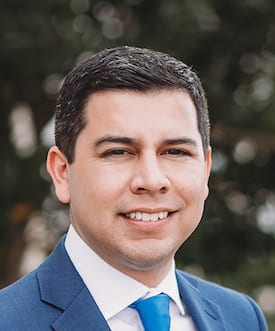
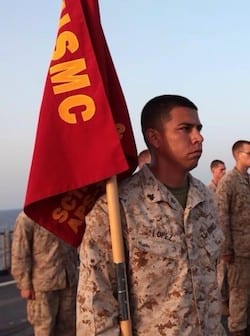
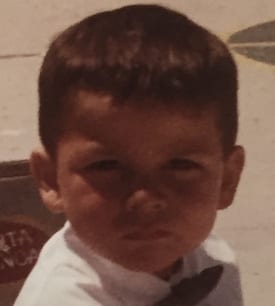
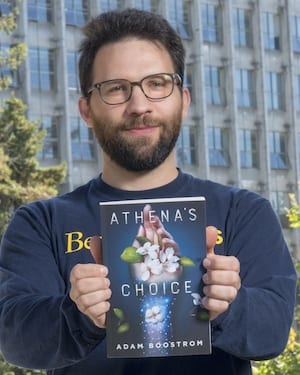
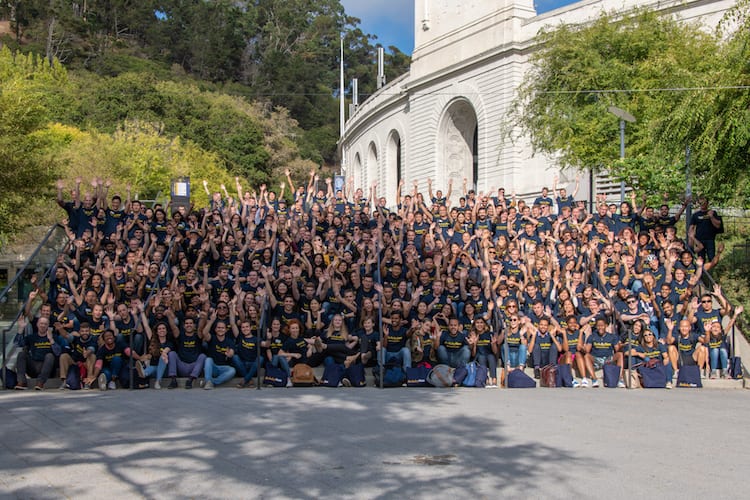
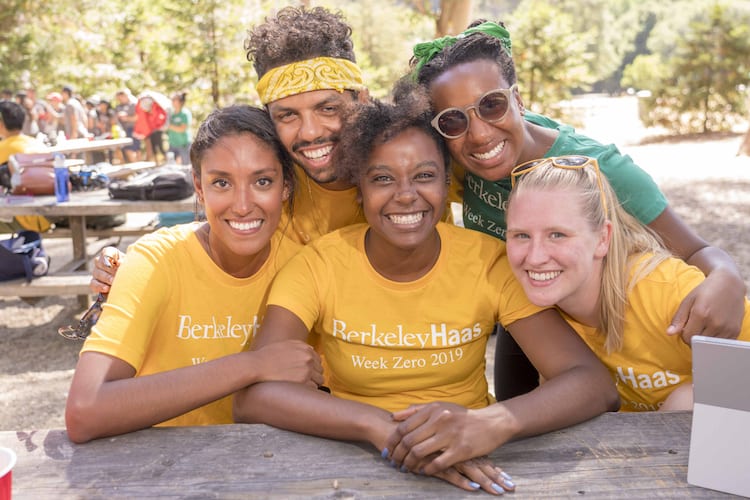






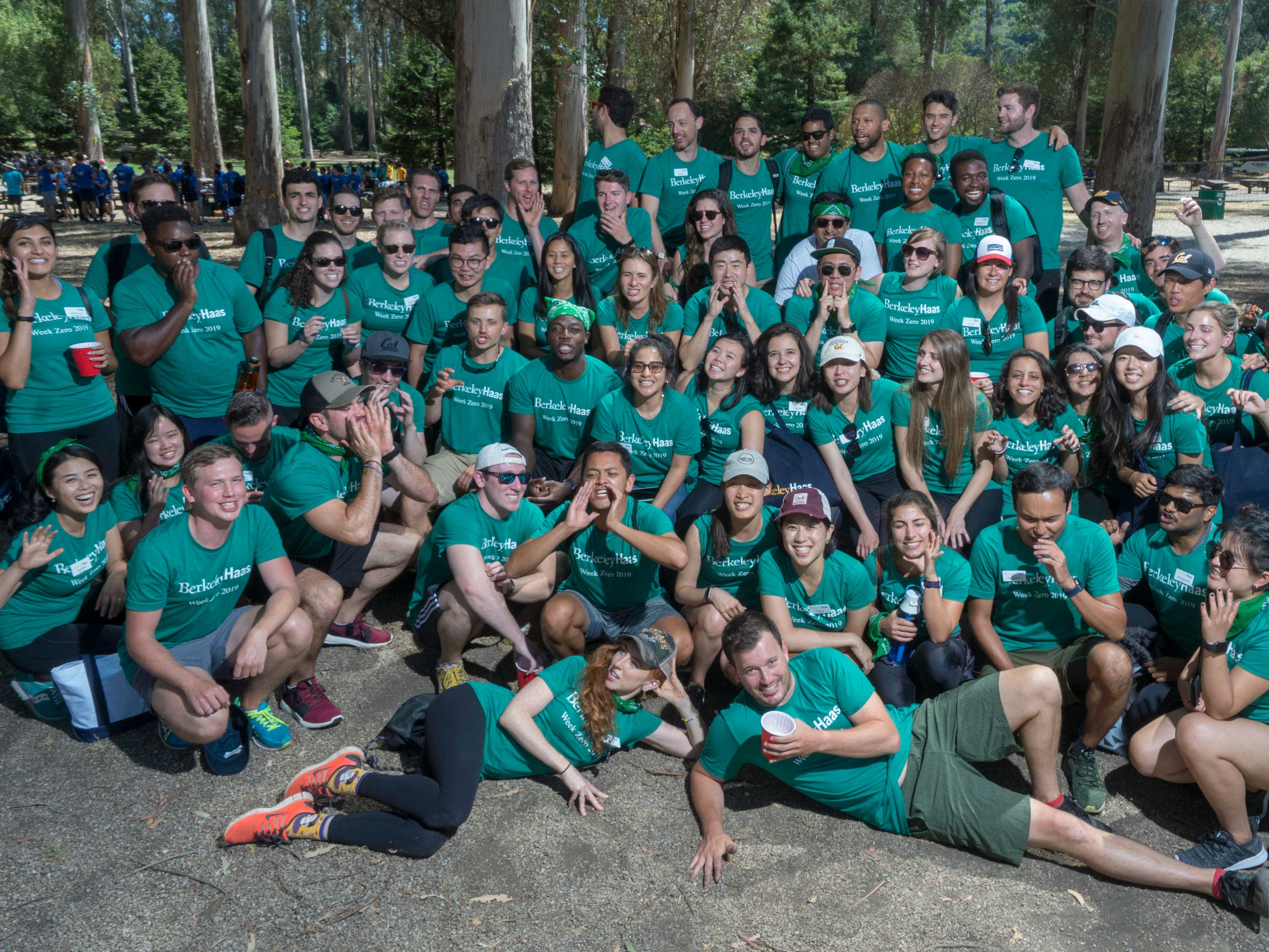
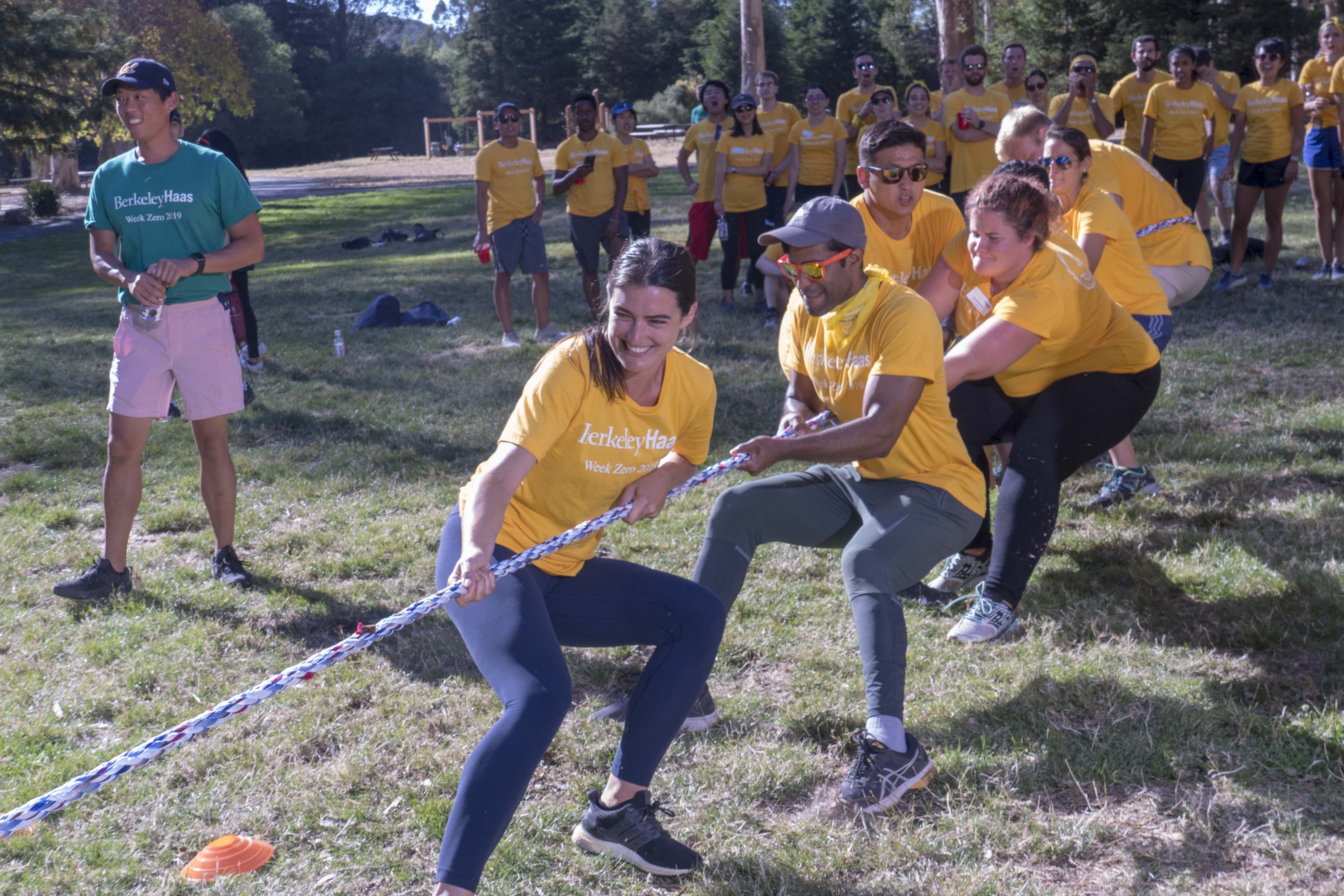


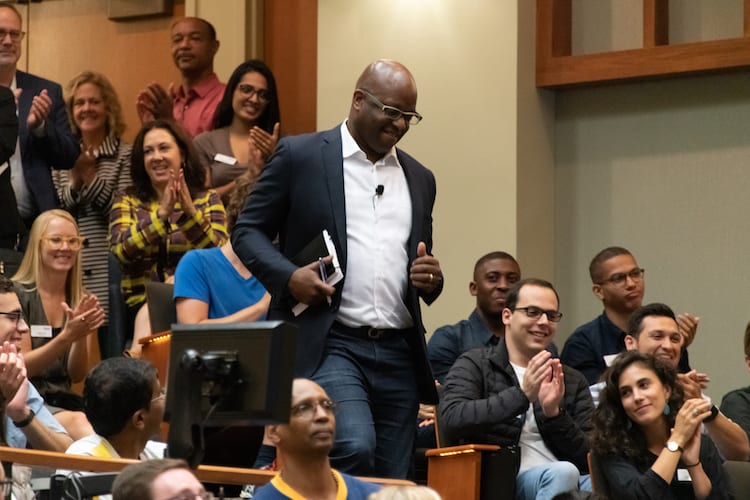
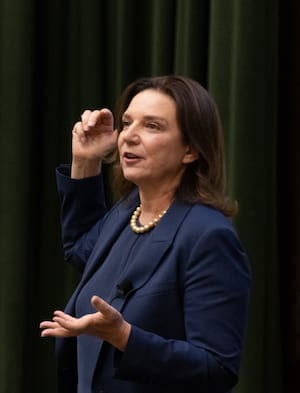
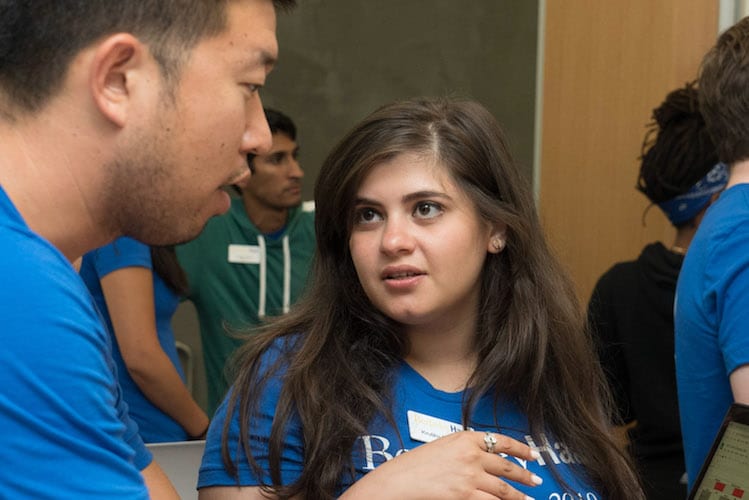
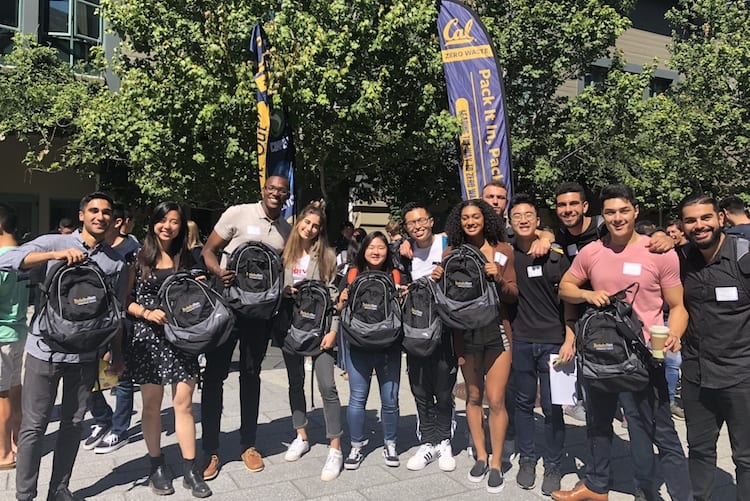
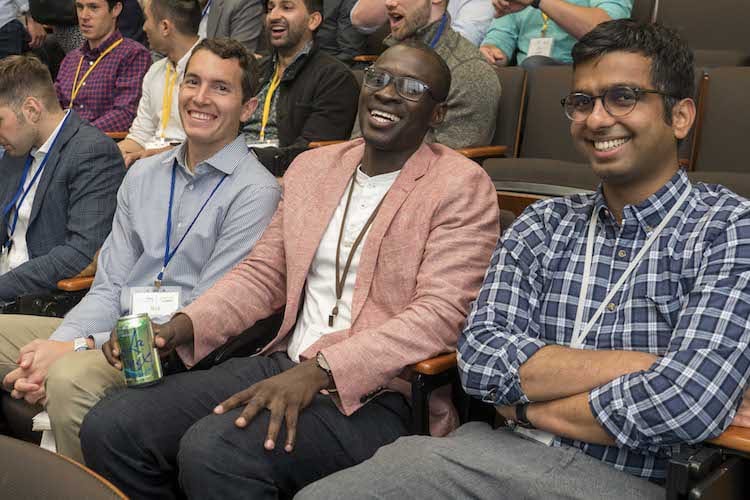
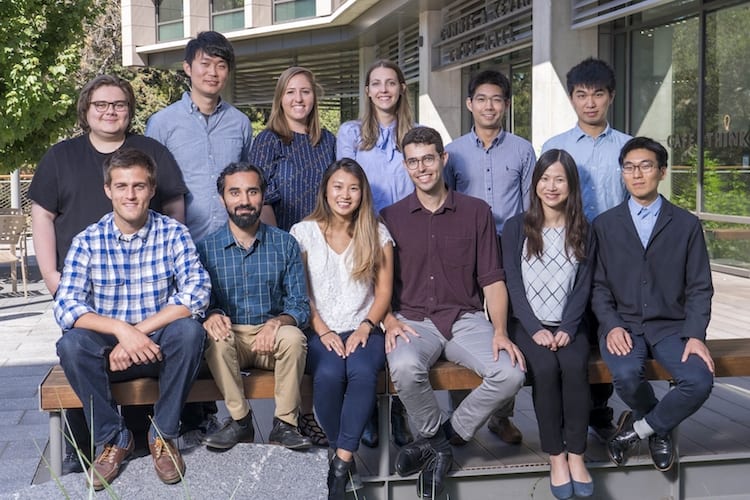
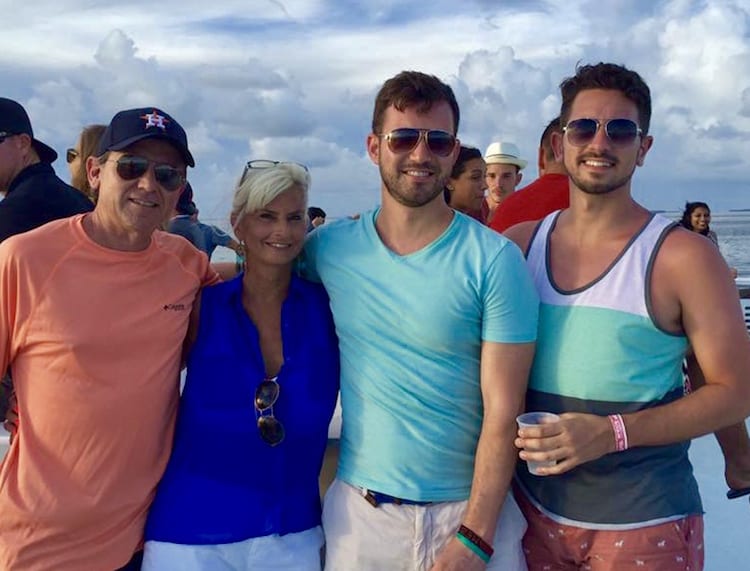
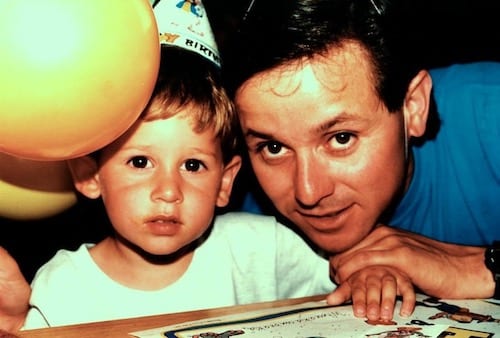
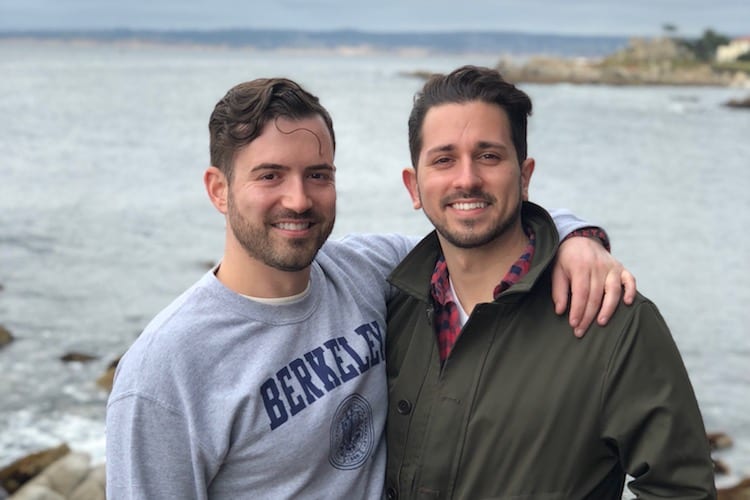
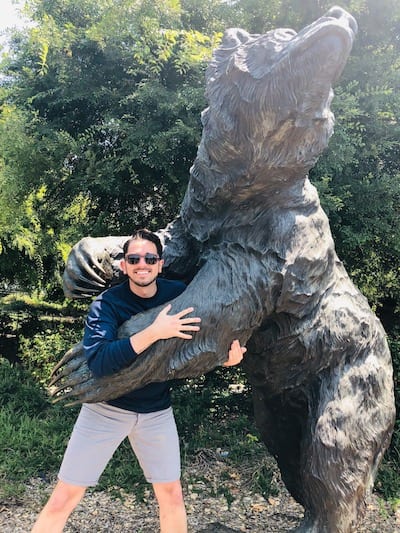
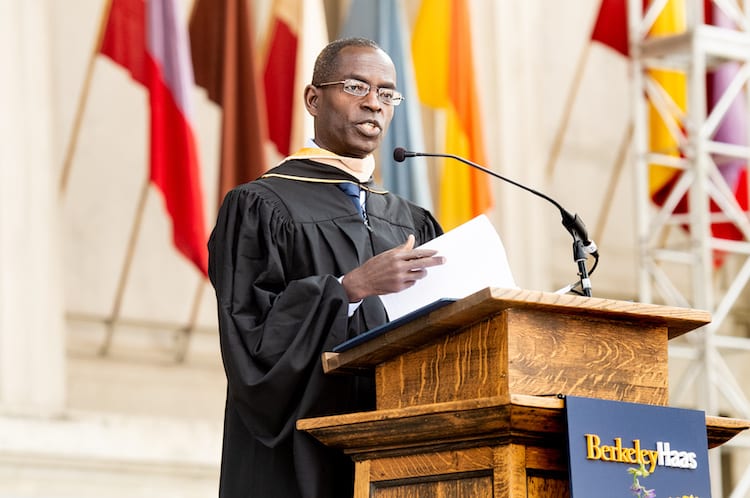
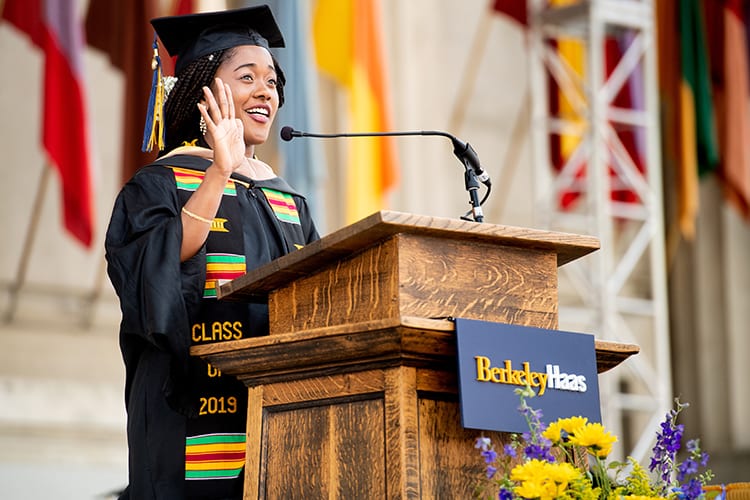
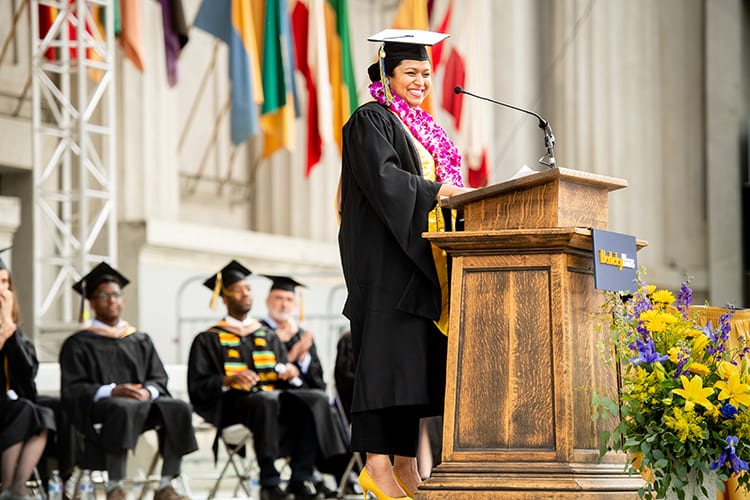
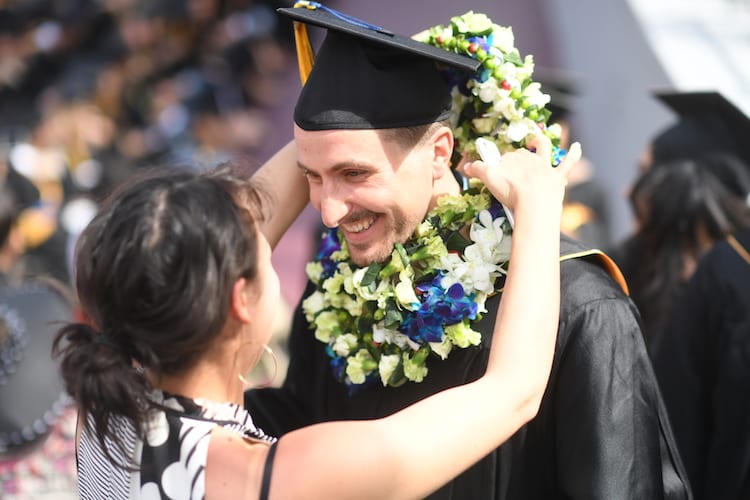
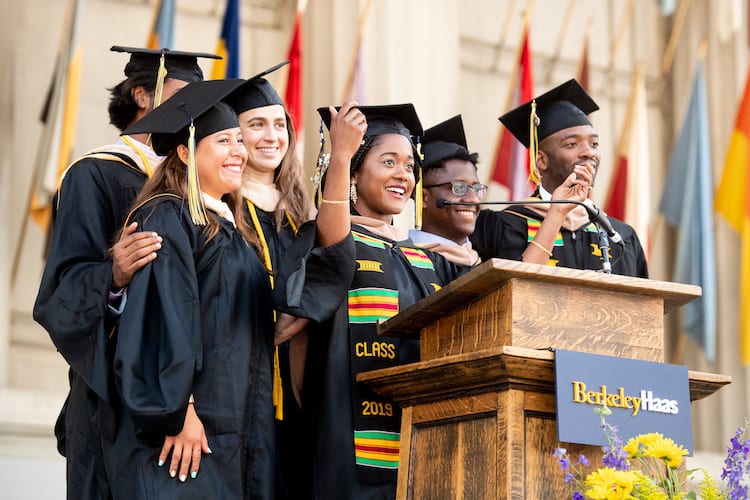
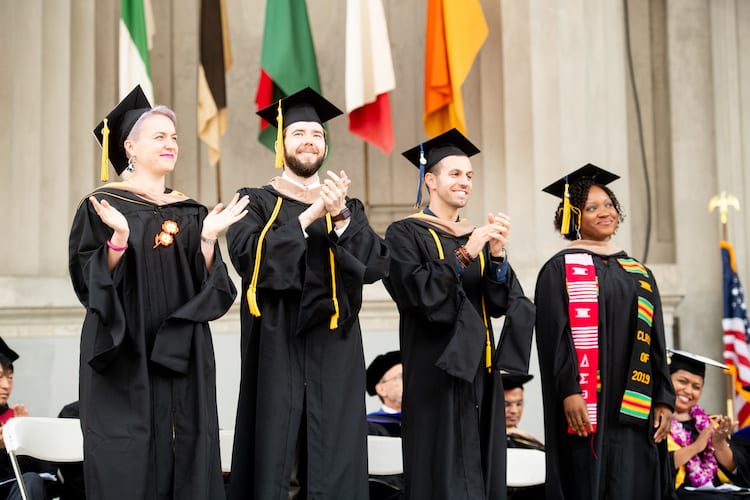
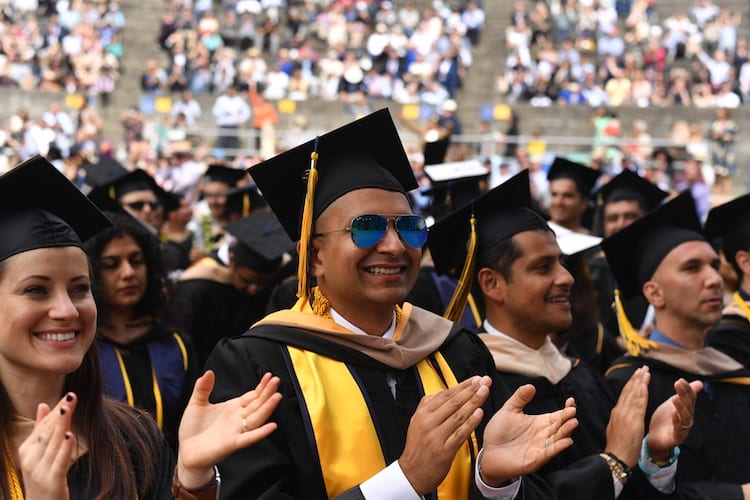
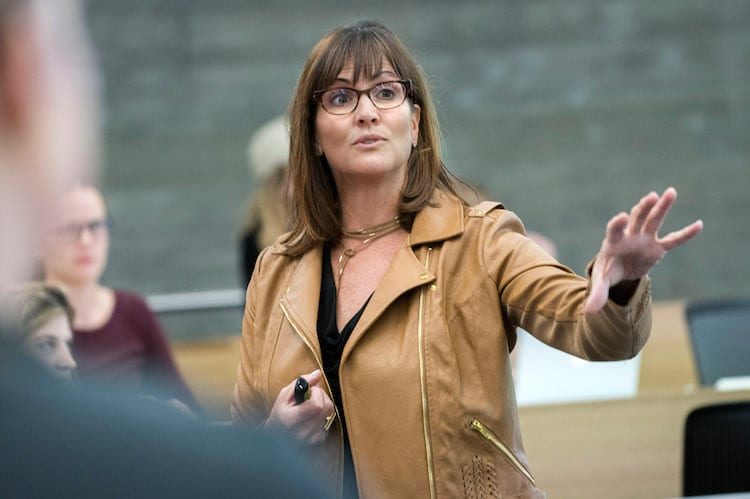
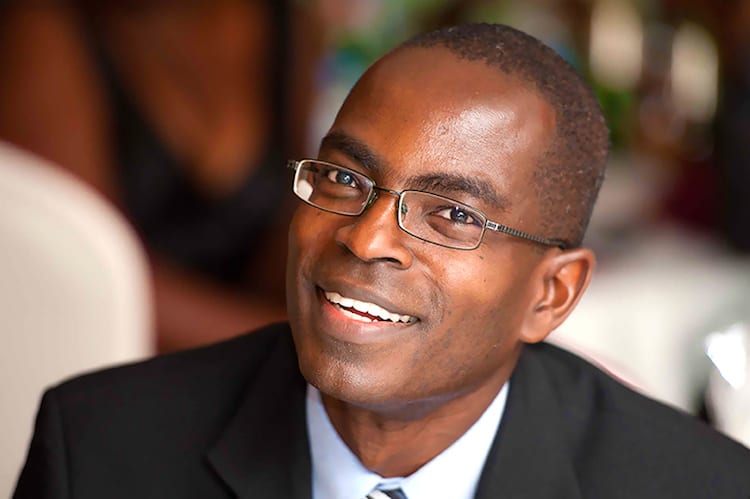 Education pioneer Patrick Awuah, MBA 99, founder of Ghana’s Ashesi University, will be welcomed back to campus this week as the 2019 MBA commencement speaker.
Education pioneer Patrick Awuah, MBA 99, founder of Ghana’s Ashesi University, will be welcomed back to campus this week as the 2019 MBA commencement speaker.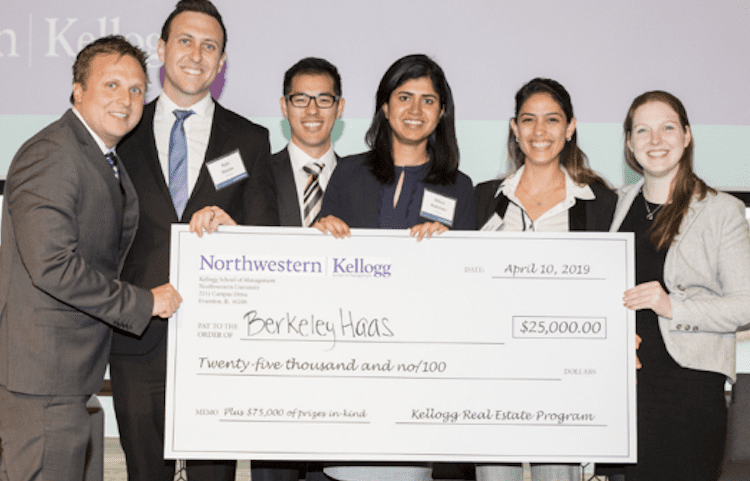
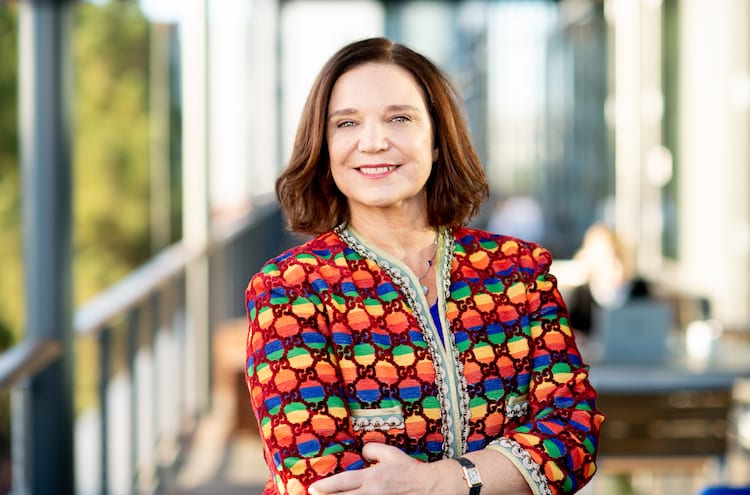 Berkeley Haas Dean Ann Harrison grew up with an insatiable curiosity and a dream to make the world a better place.
Berkeley Haas Dean Ann Harrison grew up with an insatiable curiosity and a dream to make the world a better place.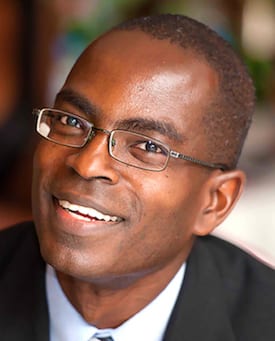
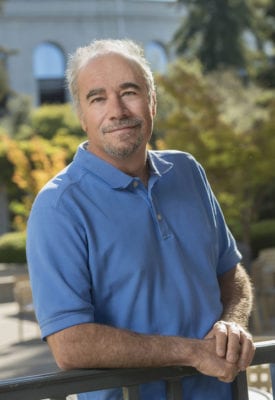
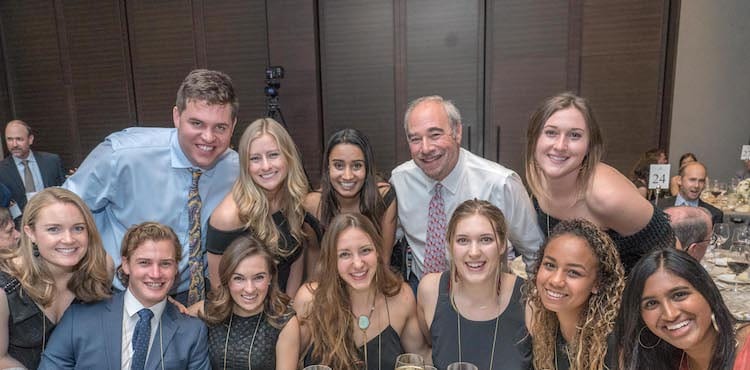
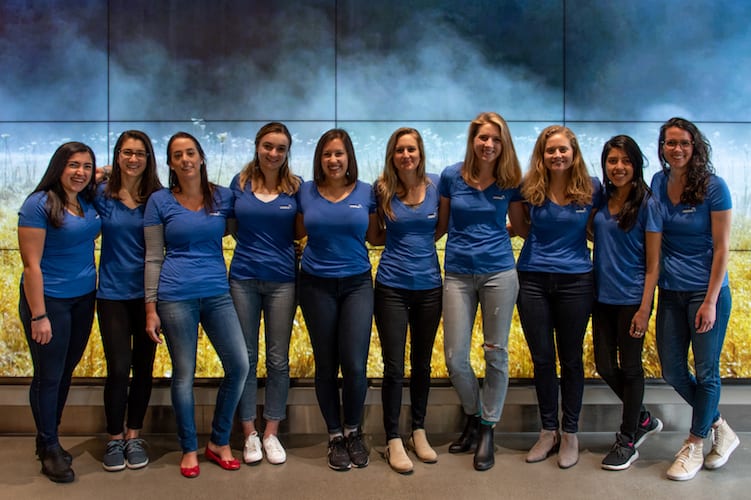
 The Full-time Berkeley MBA and the Berkeley MBA for Executives rose to their
The Full-time Berkeley MBA and the Berkeley MBA for Executives rose to their 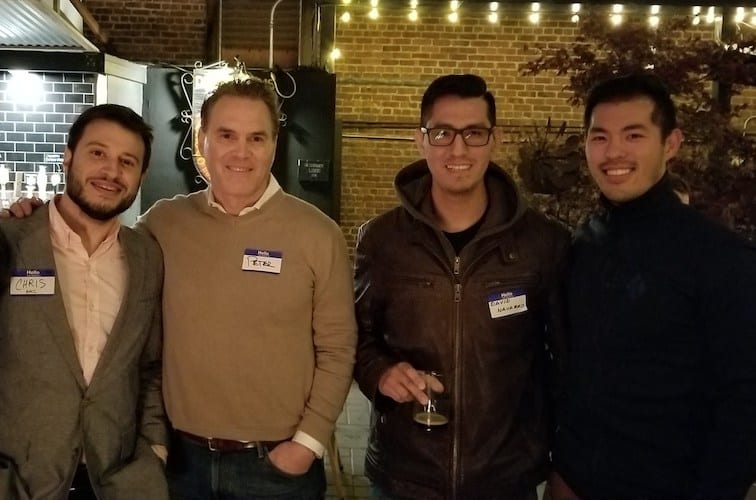
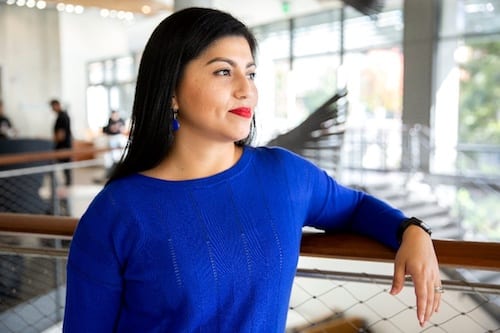
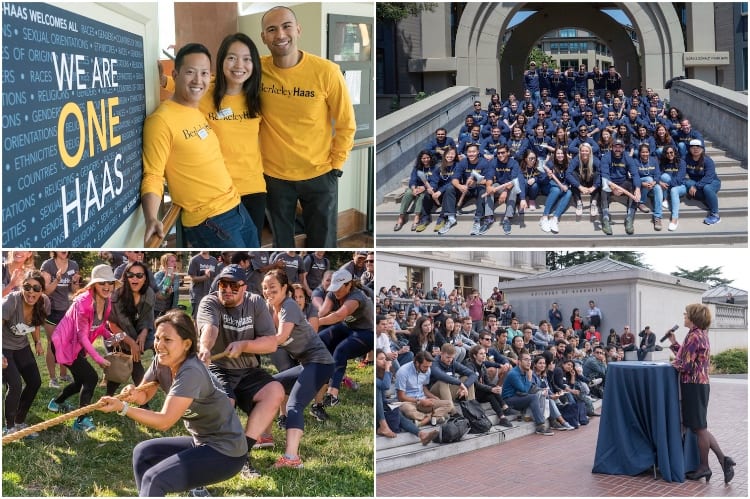 Berkeley Haas welcomed the two largest MBA classes in the school’s history this semester: 291
Berkeley Haas welcomed the two largest MBA classes in the school’s history this semester: 291 